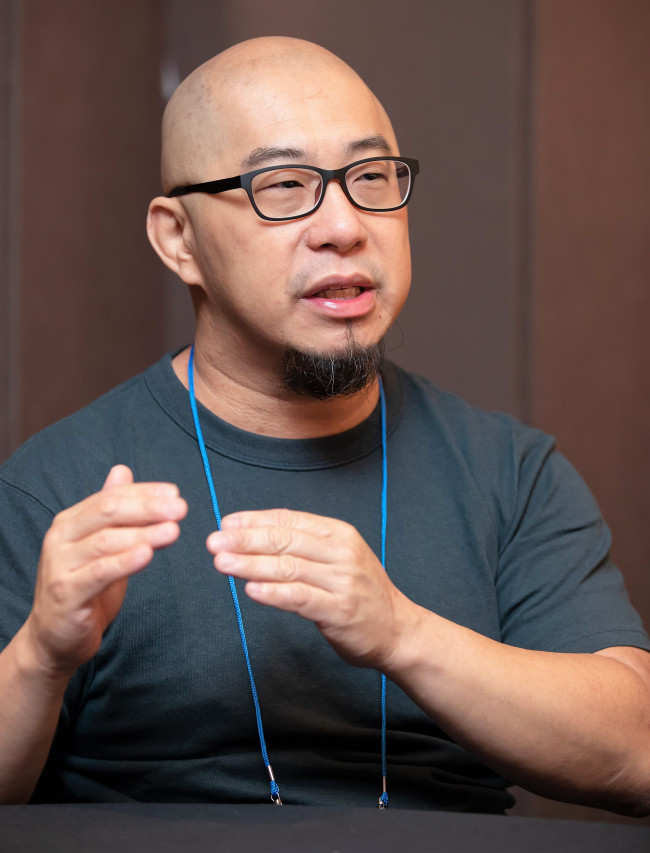[BEYOND BLOCKS] ‘Blockchain accelerates disruption in energy sector’
[THE INVESTOR] Innovation was probably the last thing you would have expected in the energy sector. It is partly because most of the energy projects have been traditionally driven by governments due to costs. Once governments decided to foster a certain type of power generation, hardly any changes are made for at least a couple of decades.
Such a conservative energy segment in many countries, including Japan, Singapore, and Taiwan, has been trying to open its door to private power companies with alternative energy sources, with solar and wind, in particular, receiving more spotlight in recent years.
In addition, the global energy sector will encounter an unprecedented speed of change because of the emergence of blockchain technology, which enables decentralized data management and smart contracts, according to Martin Lim, chief operations officer of Electrify, a Singaporean peer-to-peer energy trading platform operator.
 |
Martin Lim, chief operations officer of Electrify |
“Global electricity power giants, such as Tokyo Electric Power Co., are interested in the P2P energy trading platform since they know disruption is coming,” Lim told The Investor in a recent interview, citing the increasing installation of energy generating facilities, such as solar panels, by individuals and small-sized businesses, and deployment of blockchain in the field.
Electrify’s software solutions show a list of power suppliers from which end users can choose to buy electricity, and processes the settlement procedure.
Combined with blockchain technology, the solutions also execute smart contracts between power suppliers and buyers automatically, compared to a series of lengthy, time-consuming processes needed to make sure the contracts work. An army of lawyers, accountants and consultants have to work to execute these contracts in the traditional power industry, Lim explained.
“Since the P2P platform is wholly automated and you don’t need intermediaries to execute contracts, costs can dramatically be reduced, and the best part is it gets democratized as anybody who wants to trade can use our software,” he said.
Lim likened Electrify’s business model to that of Amazon as it allows lots of individuals and companies to sell electricity directly to end users on the company’s online marketplace.
The one-year-old Singaporean startup usually works with traditional main grid operators in each market, such as TEPCO of Japan, to utilize the existing power infrastructure.
Although he did not reveal ongoing negotiations with Korean power companies, state-run Korea Electric Power Corp., the largest electric utility, is forecast to be one of the potential partners here.
Energy storage system companies are also paying keen attention to the power-trading platform as the ESS can be used by small-sized power suppliers to generate and store energy at night when electricity is cheap, and then sell power during the day when prices usually go up on high demand.
It recently partnered with Narada, a Chinese battery maker, to deploy its power solutions for the ESS.
Electrify’s potential partners in the ESS sector in Korea, include LG Chem and Samsung SDI.
He said Korea, which has two of the biggest battery manufacturers in the world, is a big opportunity for Electrify, adding he hopes to expand partnerships here.
By Kim Young-won (wone0102@heraldcorp.com)








